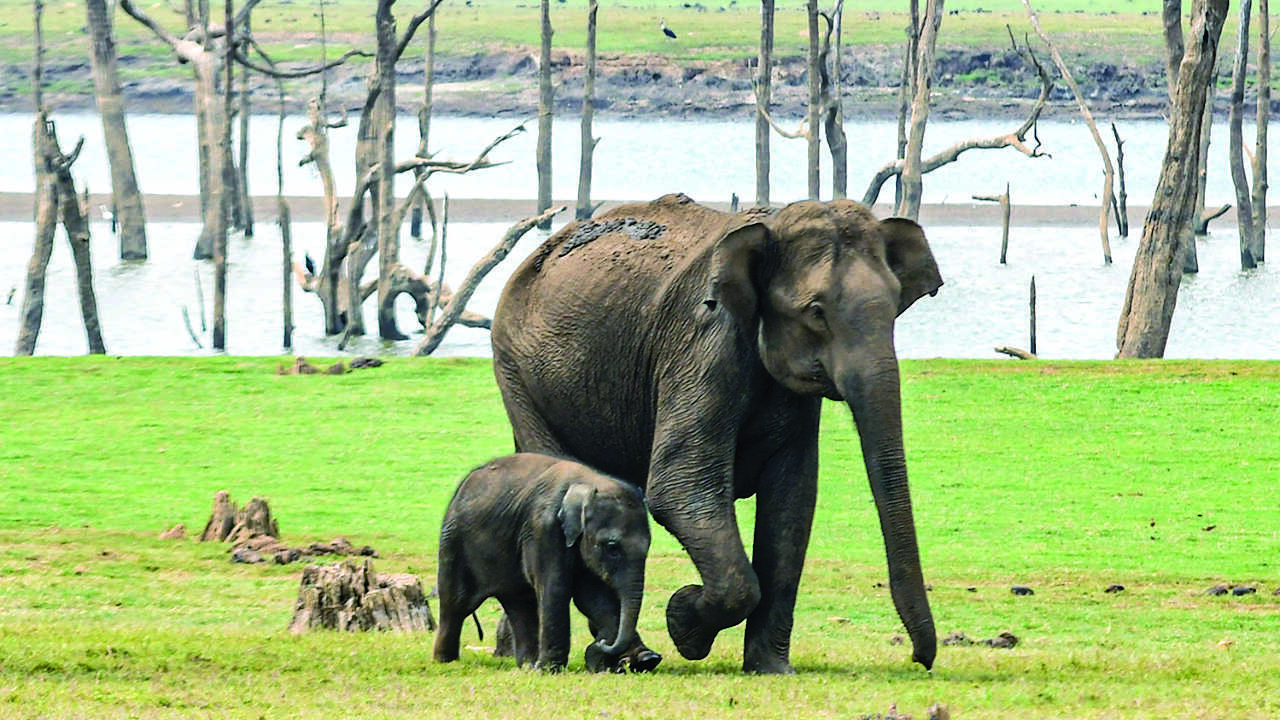'63% downfall in deaths of tuskers on railway tracks in three years'

New Delhi: It seems the measures taken by the Ministry of Environment, Forest & Climate Change to prevent elephant deaths on railway tracks have started yielding results as the country has witnessed a 63 per cent downfall in the deaths of elephants in the last three years. The death of tuskers has come down to 12 in 2020-21 from 19 in the year 2018-19.
In a written reply to a question asked by BJP MP Sunita Duggal, Union Minister Bhupender Yadav told Lok Sabha that the Ministry of Environment, Forest & Climate Change in coordination with the Ministry of Railways has taken a number of measures to prevent elephant deaths on railway tracks.
It is the outcome of the preventive measures adopted by the ministry that most of the states have reported a downfall in elephant deaths in the last three years. In 2018-19, the country had reported 19 elephant deaths, which were reduced to 14 in 2019-20 and 12 in 2020-21. In total 45 elephants have died on tracks in the last three years.
The highest number of 12 tuskers died on railway tracks in Odisha, followed by West Bengal, wherein 11 elephants died on the tracks and Assam has reported nine elephant deaths on the tracks in the last three years. In Kerala, four elephants died on the tracks, followed by three each in Uttarakhand and Karnataka, two in Jharkhand, and one in Tamil Nadu.
Yadav also told the House that measures like imposition of permanent and temporary speed restrictions in identified elephant corridors and habitats, construction of underpasses and ramps for the movement of elephants at identified locations, provision of fencing at selected locations, provision of signage board to warn loco pilots about identified elephant corridors, sensitization of train crew and station masters to avoid train collisions with elephants, etc have been taken to prevent elephant deaths on railway tracks.
Other initiatives taken by the ministry include need-based clearance of vegetation on the sides of track within railway land, deputing forest department staff in railway control offices to liaison with the railway, and engagement of elephant trackers by the forest department for timely action by alerting station masters and loco pilots, etc.



